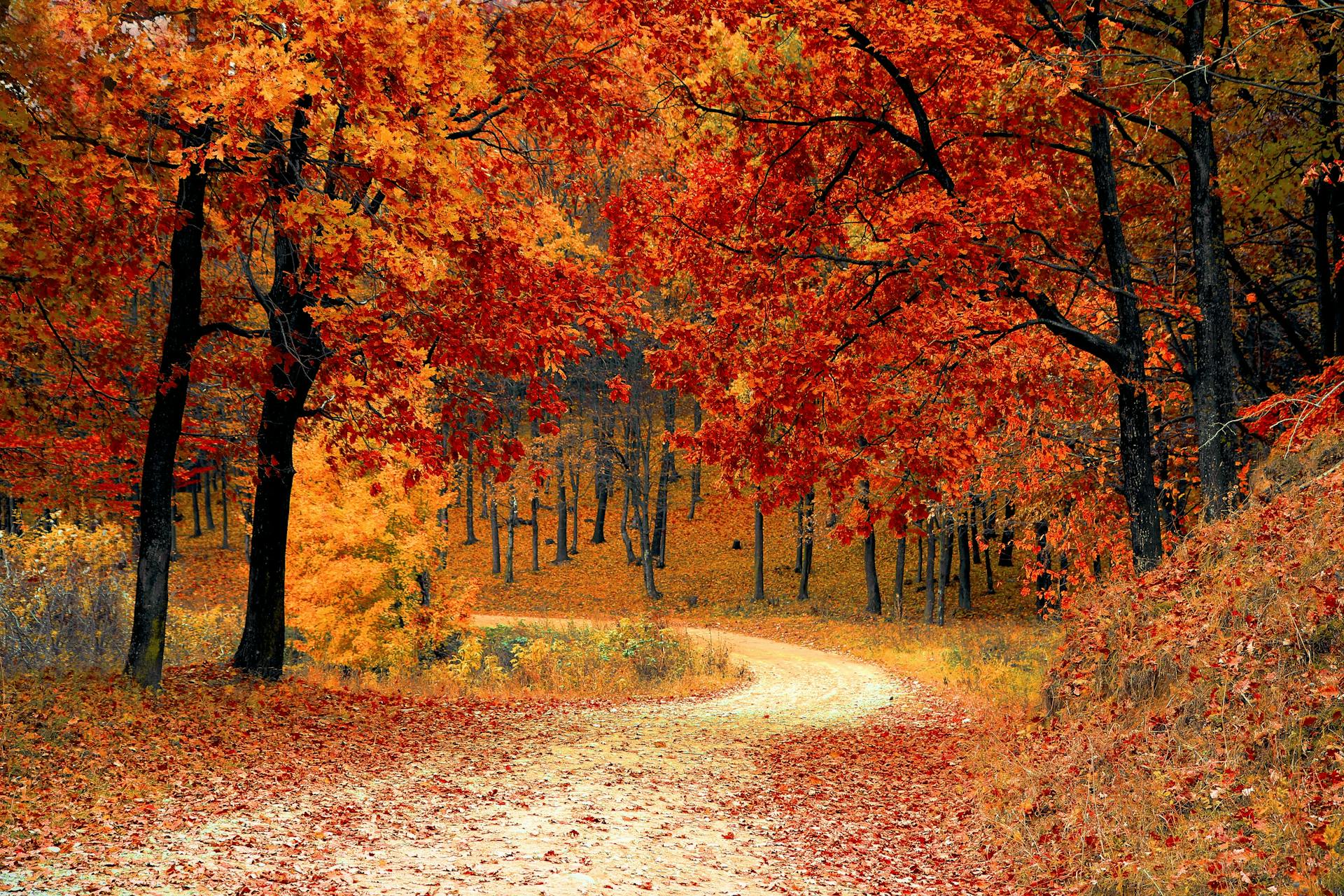





The death is an inevitable part of life, and as humans, we have been trying to make sense of it for centuries. From the ancient civilization building elaborate tombs and pyramids to modern-day-traditions such as funerals and cremations, our relationship with death has evolved over the times. One such modern tradition that has gained popularity in recent years is the use of art urns to remember loved ones who have passed away. Among the various art urns available in the market, Pulvis Art Urns stand out due to their unique and personal nature.
The iconic Pulvis memorials are designed to bring peace and serenity. In our work we capture the intensity of spirit, the strength that comes after pain and loss. Our artisan pieces are symbolic, discreet and meaningful and they are what is needed to honor the memory of a loved one. Our philosophy is that the art is the essence in everything we do, and we are looking for the inspirations in the philosophy, art, literature etc.
In the thoughts of Albert Einstein and Oscar Wilde about death, we found inspirations for the creation of few pieces urns that celebrate life while acknowledging the inevitability of death. Let’s share with you about the survival mechanism of the greatest world’s minds, who negotiated the emotional landscape of grief and death.

Oscar Wilde and Albert Einstein were two influential figures of their time, each known for their unique thoughts on life, art and science. Despite their different areas of expertise, both Wilde and Einstein reflected on the topic of death in their works, offering their own insights into the nature of mortality.
Oscar Wilde, known for his wit, satire and literary style, stated that “Death must be so beautiful. To lie in the soft brown earth, with the grasses waving above one’s head, and listen to silence. To have no yesterday, and no tomorrow. To forget time, to forget life, to be at peace”. Wilde’s thoughts about death are some of the most provoking and timeless words in the world of literature. His novel “The Picture of Dorian Gray” explores the theme of death, as well as the relationship between beauty, youth and mortality. The protagonist, Dorian Grey, sells his soul for eternal youth, and his painting that bears the marks of his sins becomes a haunting reminder of his mortality.

One of Wild’s encouraging thought is that “One can survive everything but death”. Isn’t it positive that we can survive pain and any problem? And death could be some kind of relief? Could you guess which were the last words of this poet of graceful distinctions? Something witty as Wilde could say. He was lying in a fleapit hotel on the left bank of the Seine, looked at the surroundings and said: “My wallpaper and I are fighting a duel to the death. One or the other of us has to go.”

Once Albert Einstein wrote that “Our death is not an end if we can live on in our children and the younger generation. For they are us; our bodies are only wilted leaves on the tree of life”. When his lovely Italian friend Michele Besso died, Einstein wrote a letter to Michelle’s sister: “Michele has left this strange world a little before me. This means nothing. People like us, who believe in physics, know that the distinction made between past, present, and future is nothing more than a persistent, stubborn illusion”. Is the death an illusion? When it comes to the mysteries of our universe and human life, the biggest mystery that many are curious, but also clueless about, is death.
Are we sure that, for the death, there is no past or future? According to the scientist Robert Lanza’s study, if space and time aren’t linear, then death can’t exist in any real sense either. When it comes to these ideas, they are usually known on an intuitive level. Maybe we give so much weight to our rational, objective left brained mind that we lose sight of a world that exists right alongside it. Can we choose how to say goodbye to life?
Can we choose when to leave? Maybe if Einstein’s dreams came true: “I want to go when I want. It is tasteless to prolong life artificially; I have done my share, it is time to go. I will do it elegantly”. Einstein also believed in the concept of an afterlife, although not in a traditional religious sense. He believed that our energy or essence continues to exist after death, in the same way, that energy can’t be destroyed or created in the physical world. “Energy can’t be created or destroyed:it can only be changed from one form to another”. Einstein believed that our energy or consciousness, like energy in the physical world, transforms into something else after death, rather than simply disappearing.
Author: Ana Jovanovic
------------------
Our Affiliate Program is now available. at https://www.pulvisurns.com/pages/affiliate-program-by-pulvis-art-urns
Easy Guide to Funeral Homes in Texas
In Texas, honoring the departed reflects the state’s deep respect for individuality, heritage, and personal freedom. As of 2026, families are increasingly moving beyond traditional funerals, choosing options that better reflect the independent spirit of their loved ones. Whether through burial rooted in tradition or cremation offering flexibility and personalization, Texans are reshaping memorials with both heart and intention—guided by evolving costs, regional differences, and modern values.
Easy Guide to Funeral Homes in California
In California, evolving values and practical realities are reshaping how families honor their loved ones. By 2026, many are moving away from traditional burial in favor of cremation options that offer greater flexibility, affordability, and environmental consideration. From urban coastal cities to rural communities, Californians are choosing memorials that emphasize personal meaning, sustainability, and dignity in remembrance.
Funeral Merchandise Cost Guide 2026: Understanding Caskets, Urns, and More
Navigating the intricate world of funeral merchandise costs can feel overwhelming, but our Funeral Merchandise Cost Guide 2026 is here to clarify the expenses associated with caskets, urns, and other memorial items.
Mass-Produced vs Handmade Cremation Urns: Top Things to Know
mass vs handmade, coast vs vaue, durability
Urn for a Cat: Style, Size and Personalization Tips
Share:
On Mourning
Philosophers About Death